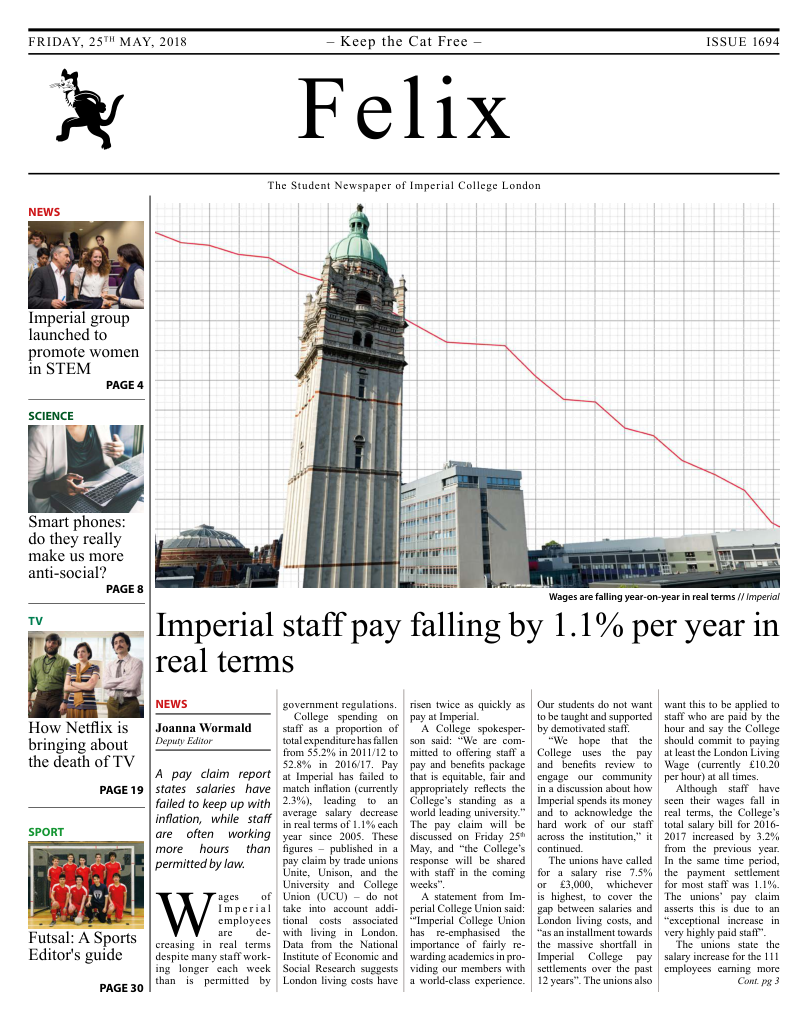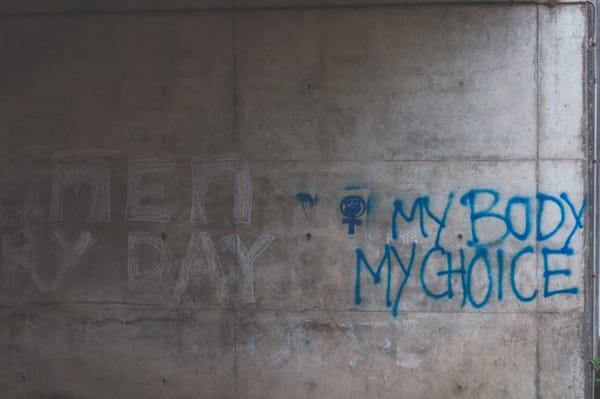Free speech at UK universities today is under attack
Policies designed to prevent harassment or distress are being used across the country to stop debate – a cornerstone of the university experience.

Freedom of speech is under attack. University policy must be reversed, and we must do all we can to defend this fundamental human right. As students, we need to understand that everyone has different opinions, perspectives, and political persuasions. Healthy discussion and debate is a great part of the university experience. However, a drive for complete inclusivity prevents and polices subjects deemed offensive from being discussed.
Students and staff at Cardiff Metropolitan University have faced disciplinary action for using gender specific words. “Forefathers” and “sportsmanship” are included in the list of 34 words that have been banned at the university. The feminist and equal rights advocate Linda Bellos had her speaking invitation revoked by Cambridge University because her views on transgender rights might have offended audience members. Bristol University’s student union are banning speakers who question the gender identity of trans women. “Safe space” policies at universities up and down the country ensure students don’t hear anything deemed offensive. The National Union of Students and some universities employ “no-platforming” policies that bar individuals or groups that may be deemed offensive. However, students have used this policy to silence legitimate debate, with victims including the gay vegetarian activist Peter Tatchwell and the feminist writer Germain Greer.
“I am worried that free speech at this university and others is being eroded left, right, and centre”
When students leave the safe university bubble and enter the real world we will be exposed to constant offence. These policies will prevent students from having the necessary social tool kit to deal with this successfully. Students have been exploiting university policies to prevent speakers with contrary views from speaking, thus infringing a person’s right to freedom of speech.
Imperial College Union states that freedom of speech needs to be balanced with their commitment to equality and diversity. What does this mean? Are you not allowed to use gender specific words, debate LBGTQ+ rights, and comment on religious extremism? Or does it prevent you from saying anything at all controversial? Who is the arbitrator (or who are the thought police)?
In accordance with this policy, an Imperial biology undergraduate student is reportedly said to have been criticised for using the scientific word “hermaphrodite” by a peer because of the offence it may have caused. I fear that the time will come when students are frightened of using other scientific vocabulary like “Homo sapiens” because of its perceived offence and subsequent violation of Union policy. Arguably, this will stifle scientific communication. However this policy is interpreted and enforced, it will inevitably curb free speech, and I am worried that free speech at this university and others is being eroded left, right, and centre.
“Healthy discussion and debate is a great and necessary part of the university experience”
Imperial College London’s harassment, bullying and victimisation policy (HBV) framework makes “offensive comments relating to a person’s sexuality” unacceptable. Bullying or harassing an individual about their sexuality, race, or religion is unacceptable, and is already illegal under UK law, when distress is caused. However, does the wording of the HBV framework inadvertently prevent a healthy debate about transgender issues?
But why, you may ask, is freedom of speech so important? The right to challenge religious doctrines brought about the development of science. It would be a retrograde step if Imperial, of all places, through its curbing of free speech, takes us back to the dark ages when humans thought the Earth was flat and created in six days. Free speech allows you to think, debate, criticise, and enquire; surely the bedrock of any self-respecting university? If we have to have “safe spaces”, why not have them for freedom of speech?







